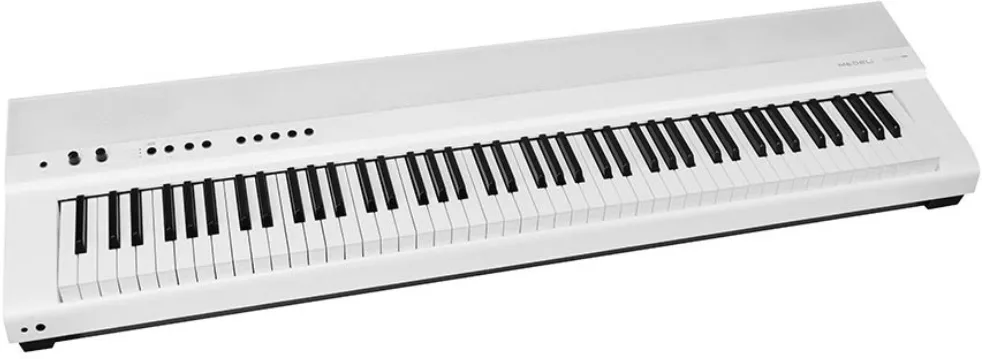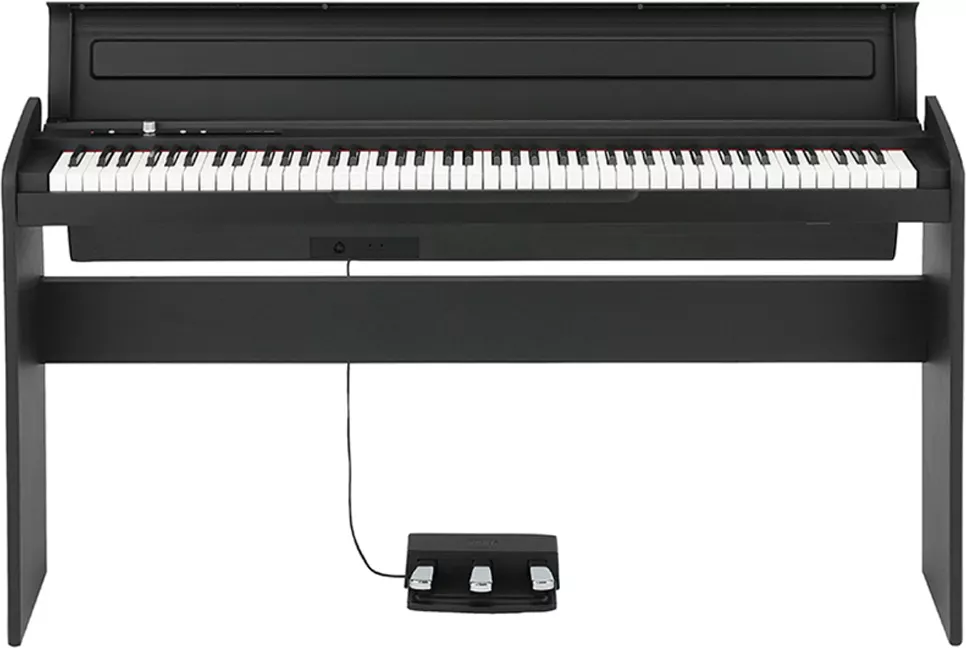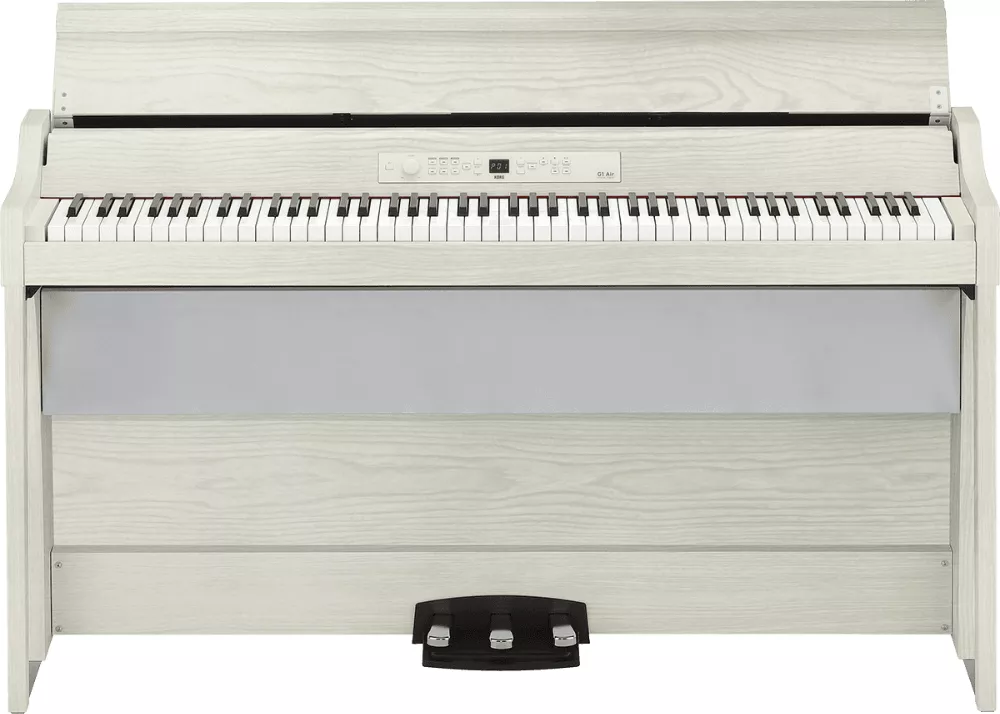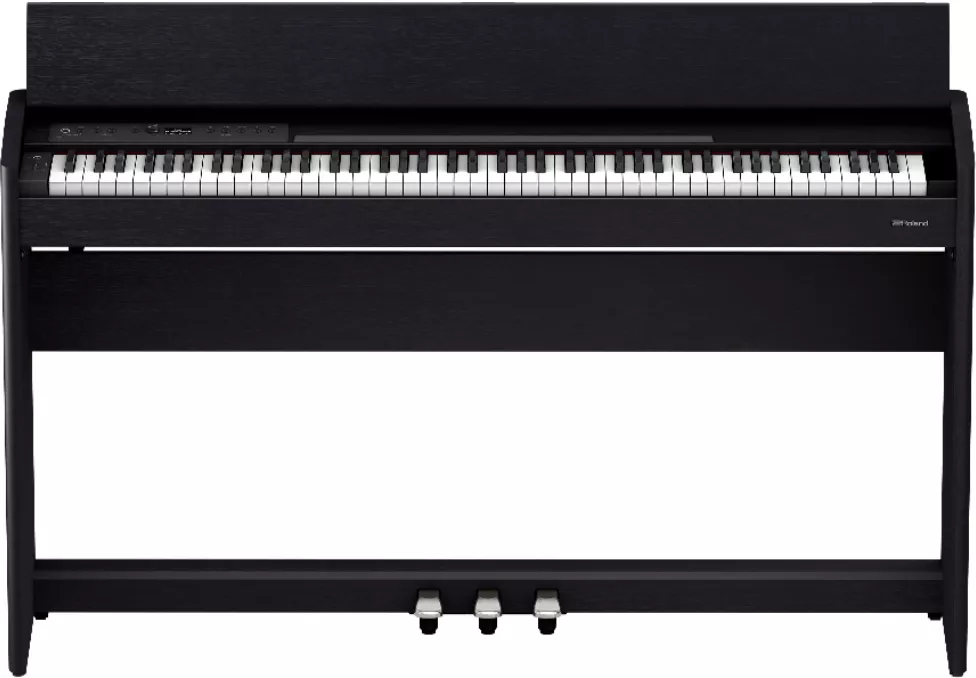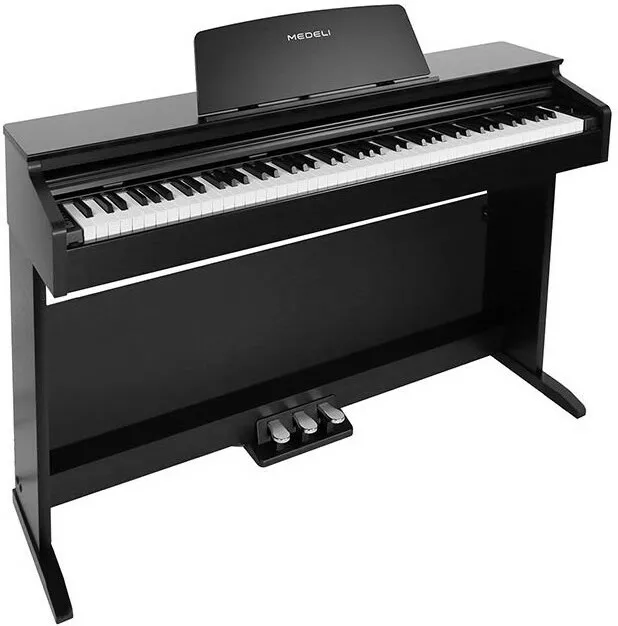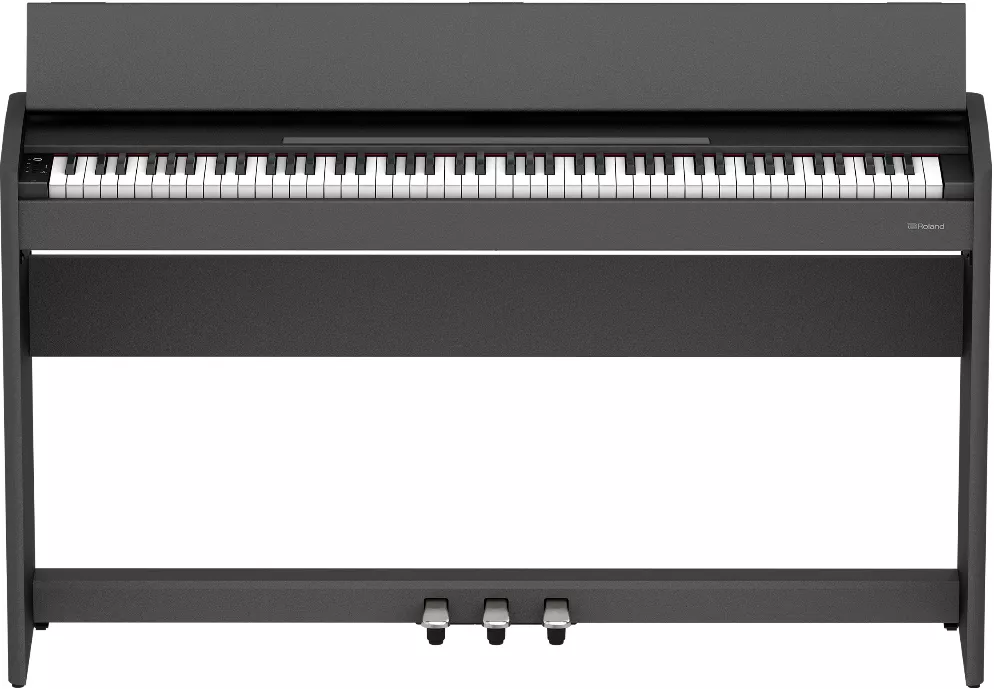How do you choose your digital piano?
A digital piano is an electronic instrument that needs a power supply, equipped with a standard88 notes keyboard piano that reproduces the sound of an acoustic piano thanks to a digital system, the most used of which being sound sampling. The perks of a digital piano are as follows: it does not need to be tuned, can be plugged into a computer (for recording), is way easier to move around and can be used along with headphones so that you’re not bothersome for your neighbours.
Facing the multitude of models offered by manufacturers, the choice of a digital piano is rarely easy. Different instruments will indeed have very different characteristics which will answer a specific goal. Before picking your digital piano, ask yourself this question: What am I gonna use it for?
Just for fun? To learn piano? To write songs? Here are some informations that may help you in your choice..
A piano for classical learning
For learning that's as close to an acoustic piano as possible, choose the standard digital piano which reproduces the sound of a real piano with an 88-key keyboard with a heavy touch and pedals.
If you plan to practice piano in different places or if you simply don't have the space, choose one portable digital piano. Band members, singers or choirs who perform on stage will also find what they are looking for in our offer stage keyboard.
Take into account these 3 criteria on the technical sheet to choose the right digital piano:
- Touch: Not too hard and not too soft, a bad touch will make you tired.
- The sound: study the balance from bass to treble.
- The brand: its reputation is often a sign of quality.
If you can, do not hesitate to go and try the pianos in our Star’s Music stores in Paris, Lyon, Lille and Toulouse. By laying your hands on the piano, it will be easier to find the piano that fits you best, along with the advice of our sellers.
Standard or compact?
The main alternative is to choose between a digital piano and a compact one. Technically, these two categories have relatively few differences: there are 88 keys and ten or so so-called classical sounds (piano, harpsichord, electric piano, violins, organ, marimba...). The choice of a compact digital piano will allow you to have a piano weighing a dozen kilos, a featherweight when compared to the minimum 35 kilos of a digital piano. In addition to a more classical aesthetic, the overweight of a soft piano is also due to the integration of a more powerful amplification.
Examples of portable digital pianos
Examples of furniture digital pianos
A piano to make music
To compose music, arranger keyboards are ideal with their libraries of sounds, rhythms and even pre-recorded tracks. If you want to use your keyboard to work and compose on a software program or on your computer, choose a control keyboard (or master keyboard), equipped with the connectors needed (MIDI, USB...).
Finally, in a highly specialized style, oriental keyboards are particularly adapted to the sounds of oriental music.
Weighted keyboard with 88 keys
With 88 heavy (or weighted) keys, the digital piano remains indispensable for a correct and classical learning of the instrument. In fact, not only does it have a built-in hammer system in each key (the hammer is striking a digital sensor instead of striking a string) but it is also the only one that has the necessary range (7 octaves 1/2) to perform most of the pieces in the classical repertoire.
Semi-weighted keyboard with 61 or 76 keys
In order to ease portability without sacrificing the touch quality, manufacturers have recently developed a range of semi-weighted intermediate keyboards. Featuring less sounds than traditional arrangers, these pianos are generally available in 61 or 76 key versions and can be a good solution for beginners or pianists on the go. They generally contain about ten sounds (piano, electric piano, harpsichord...) and generally weigh less than 8 kilograms.
In addition, arranger versions of these keyboards have recently been released (e. g. Yamaha NPV60). Their characteristics are more or less the same as traditional arrangers, but with some improvements (recording via USB stick as on the Yamaha NPV80)
High-quality digital piano, a long-term choice
Beginning the piano does not exclude wanting to practice on a beautiful instrument. Buying a top-of-the-range digital piano will therefore bring pleasure and playing comfort linked to the quality of the materials used (the Yamaha CVP503 PE piano for example will offer a wooden touch coming from the acoustic series) or to the various technological innovations (the use of a mix of synthesis and sounds sampled on the Roland FP90 for example). Finally, it should be remembered that - like any other instrument - it is best to try before you buy in our Star's Music stores!





